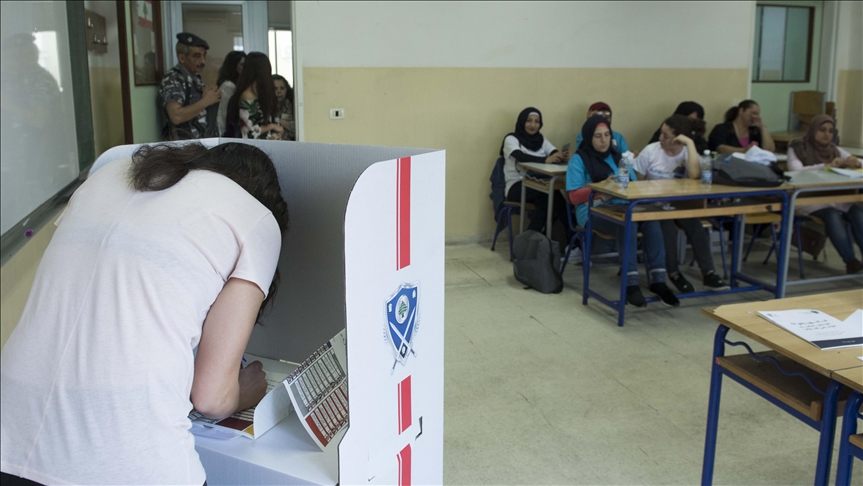Lebanon’s electoral system has changed repeatedly throughout the years, the last change being in 2017. Despite that, the system is still considered to be unfair for various reasons.
For years, civil groups and organizations have called for the introduction of new amendments to Lebanon’s electoral laws in a way that guarantees a fair and transparent electoral process.
However, corruption and the interests of the country’s officials and political parties continue to stand in the way of change to this day.
Here are three major ways Lebanon’s ruling class has limited political change through the electoral system.
Adults Can’t Vote Until…

Officially, the age of adulthood is 18 in Lebanon, as it is in many countries around the world.
Unlike other countries, however, an adult in Lebanon cannot vote in general elections until they reach the age of 21. This almost changed over a decade ago, but it ended up not.
On March 19th, 2009, the Lebanese Parliament unanimously voted for a law proposal that lowers the voting age at general elections from 21 to 18.
The historic proposal, approved with longtime pressure from Lebanese youth and civil organizations, was supposed to take effect during the 2013 elections.
The backtracking came on February 22nd, 2010, when the proposal reached Parliament’s General Committee to be finally voted on, only for 66 MPs to abstain from voting on it, 34 to vote for it, and one to vote against it.
The proposal was rejected.
The calls to lower the voting age have since remained one of the biggest demands on the table for the electoral system.
Over the past 10 years, civil society groups have continuously pushed for this change, but the desired law has remained in the drawer, despite repeated promises by various officials and political parties to ratify it before the next elections.
Now, Lebanon is eight months away from the next elections, but adults under the age of 21 still lack the legal capacity to vote.
In the meantime, Parliament is looking into a proposed amendment to the 2017 electoral law that involves lowering the voting age to 18.
However, there is no guarantee that this will happen, taking into account the way this matter has been handled over the past decade.
Six Seats

Up until the May 2018 elections, Lebanese expats had never voted in Lebanese general elections.
The capacity for expats to vote, introduced in the 2017 electoral law, was a step forward in the right direction for Lebanon’s electoral system. However, that step is far from being complete, let alone perfect.
Although Lebanese living abroad have voted – and are set to vote again – in general elections, their vote does not hold the weight that it should.
Today, the majority of the total Lebanese population (approximately 75% according to some estimates) lives outside Lebanon, and yet the electoral system does not appear to take that fact into account.
Article 122 of the 2017 electoral law dictates that 6 seats should be added to the total number of seats (a new total of 134 seats) at Parliament in the electoral cycle that follows the first electoral cycle that takes place in accordance with the same law. The cycle in question is the upcoming one that will take place in May 2022.
Although expatriates will have MPs to represent them for the first time next year, the fact that only 6 parliamentary seats will represent the entire diaspora makes the process of voting from abroad unfair.
A Lebanese Woman’s Family

Another reason the current electoral system is deemed unfair is the age-old gender inequality problem in Lebanon’s laws.
By law, Lebanon does not grant citizenship to a foreigner married to a Lebanese woman, nor to her children, whereas a Lebanese man automatically passes on his citizenship to his wife and children, even if the wife is a foreigner.
One of the numerous ways this discrimination affects the lives of households where the mother is the only Lebanese national is by automatically denying its members the right to vote in Lebanese elections.
In such households, the mother is the only member eligible to vote.
Local civil rights groups have, for years, called for equality in this regard, as have international organizations, such as Human Rights Watch, which recognize its serious negative impact on these families.
The Lebanese electoral system is a complex one that revolves around sects in the distribution of parliamentary seats. Check out our explainer for it.
